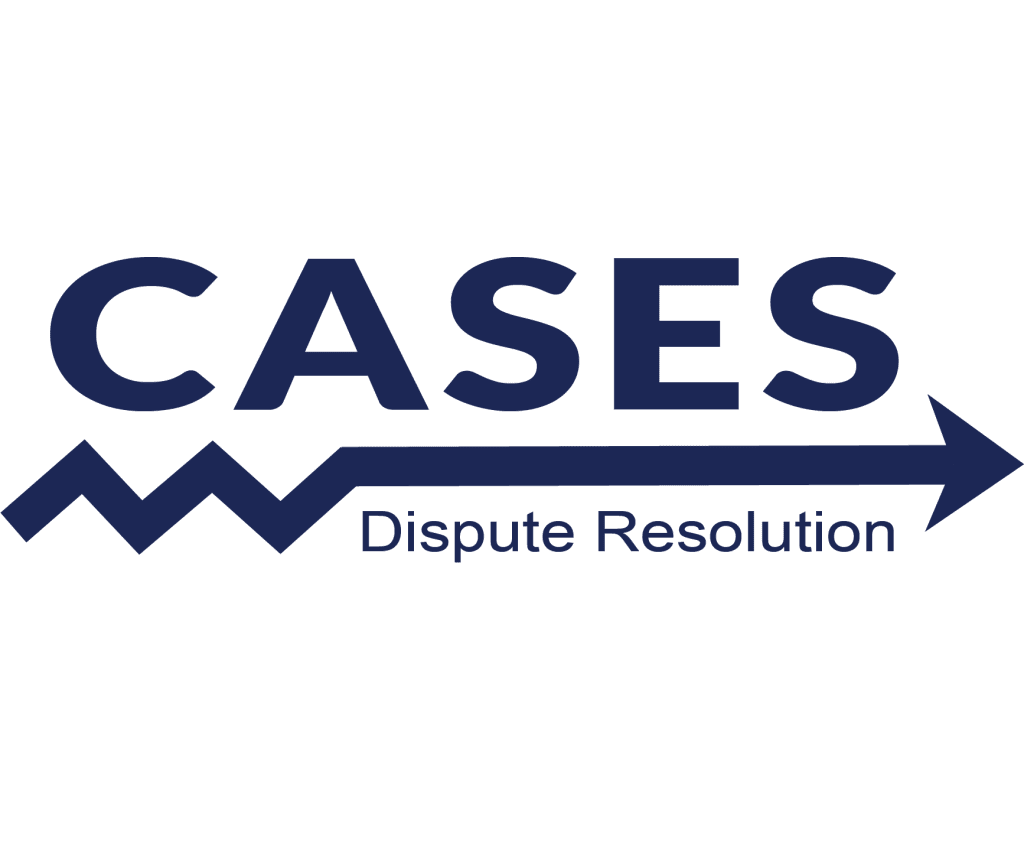Alternative Dispute Resolution:
Litigation, Arbitration, Mediation or Something Better?
A More Effective, Less Costly Dispute Resolution Option is Now Available
Comprehensive Adjudication (CA) is a breakthrough method for resolving complex legal disputes. CA offers a better method for quickly and cost-effectively reaching a just and enforceable decision, based solely on the relevant law and evidence.
To eliminate the inefficiency of the public court system, CA removes the duplicated work of adversarial attorneys from the decision-making process. It also eliminates the possibility of errors caused by judicial inexperience or the potential bias of jurors.
Comprehensive Adjudication is being advanced in the United States by the nonprofit IntelligentJustice.org and implemented by CASESresolved.com.
How Does Comprehensive Adjudication Work?
The parties facing a legal dispute agree to resolve it by jointly interviewing recommended legal experts and jointly selecting one to be their neutral Adjudicator. Unlike a public court trial, the Adjudication begins immediately.
The neutral Adjudicator vigorously searches for all the legal authority and evidence supporting the Claimant and, just as vigorously, searches for all the law and evidence supporting the Defendant.
After carefully analyzing the results of that thorough investigation, the Adjudicator promptly provides an enforceable written decision that resolves the dispute.
Comprehensive Adjudication Lowers the Cost of Reaching an Enforceable Legal Decision
The cost of the neutral Adjudicator is split between the parties which ensures that their legal expenses will be less than half the cost of each side retaining separate lawyers to largely duplicate each other’s investigative work in an unnecessarily lengthy public court battle.
Comprehensive Adjudication Effectively and Cost-Efficiently:
- eliminates the inefficiency of the public court system,
- removes the duplicated work of adversarial attorneys from the decision-making process,
- eliminates any possibility of errors caused by judicial inexperience or the potential bias of jurors,
- allows parties to split the cost of a neutral adjudicator;
- ensures a legally-enforceable decision at less than half the cost of public court litigation,
- allows legal costs to be capped at the beginning and paid in equal installments.
Additional Resources

The first stop for parties currently facing a legal dispute. Contacts adversaries to facilitate agreement to Adjudicate, identifies qualified Adjudicators for joint Interviews and selection, monitors Adjudication progress. Offers FAQs and Contact Information.

A nonprofit dedicated to the advancement of Comprehensive Adjudication. Offers detailed information about how Comprehensive Adjudication works, how it saves time and cost, procedural rules, best practices, and contact information.
